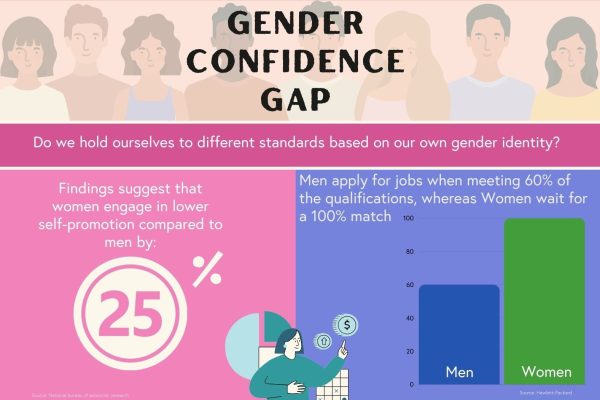Who are Millennials and why should professional services firms care?
2 min read
‘Millennials’ – also known as Generation Y – are individuals who were born in the early 1980s to late 1990s and will come of age in the noughties (2000s).
For some, Millennials are lazy, narcissistic, job-hopping, praise seeking, entitled, skill-lacking, under-prepared digital addicts.
Others see them as digitally proficient, adaptable, confident, creative, knowledge-seeking catalysts for accelerated business change.
From recent client conversations and speaking to many professional services firms we know that one of the key questions currently being asked by senior managers and directors of professional services firms is how to face the challenges and embrace the opportunities offered by the Millennial generation.
Barry Salzburg, for example, former CEO of Deloitte Global recently said of ‘The 2015 Deloitte Millennial Survey’;
“These findings[1] should be viewed as a valuable alarm to the business community, particularly in developed markets, that they need to change the way they engage Millennial talent or risk being left behind.”
No student or graduate has ever been fully prepared to enter the world of work, so why should professional services firms now be particularly concerned about the Millennial generation?
Firstly, it is the fundamental role Millennials will play in the future growth of professional services firms. In just five years’ time, the Millennial generation will make up over half the total workforce. As the ‘Baby Boomer’ generation start to exit business life, Millennials will become leaders of the business world, responsible for ideas, strategy, relationships and growth of the firm.
What’s more, not only will the majority of the workforce be Millennials, the majority of future professional services clients will also be Millennials.
Unfortunately, as highlighted by recent research, the core ‘human’ skills and behaviours required to succeed in a professional services environment remain lacking and under-developed among the Millennial generation. In order for firms to develop leaders of the future, certain key ‘human’ skills such as critical thinking, problem solving and communication must become part of the 21st Century business skill set developed among Millennials by their employers.
Secondly, professional services firms should recognise that Millennials are different.
They have their own unique attitudes and distinct values sets as result of the socio-economic and technological environment within which they have been raised.
Millennials want ‘meaning’ at work. They seek a “higher purpose” and a “reason for being”. They want autonomy, self-determination and to know their work is making a difference. They want their work to create a better society and improve their clients’ lives.
Importantly, Millennials want to learn and they want to work hard. They just want to learn and work differently to previous generations and they want to see commitment from their employer. In return, employers will gain a loyal, committed and engaged employee, in it for the long term.
Our next Point of View article examines the perceived Millennials’ skills gap and asks ‘Why, so what and what to do about it?’
2. The Millennials Skills Gap – Why, so what and what to do about it?
Millennials in Professional Services Special Report Series:

Part 1: Who are Millennials and why should professional services firms care?
Part 2: The Millennials’ Skills Gap – so what, why and what to do about it?
Part 3: Defining a professional services career skillset for Millennials
Part 4: Developing ‘Human Skills’ among the Millennial professional services workforce
Reference:
[1] Mind the gaps – The 2015 Deloitte Millennial Survey (p.2)



